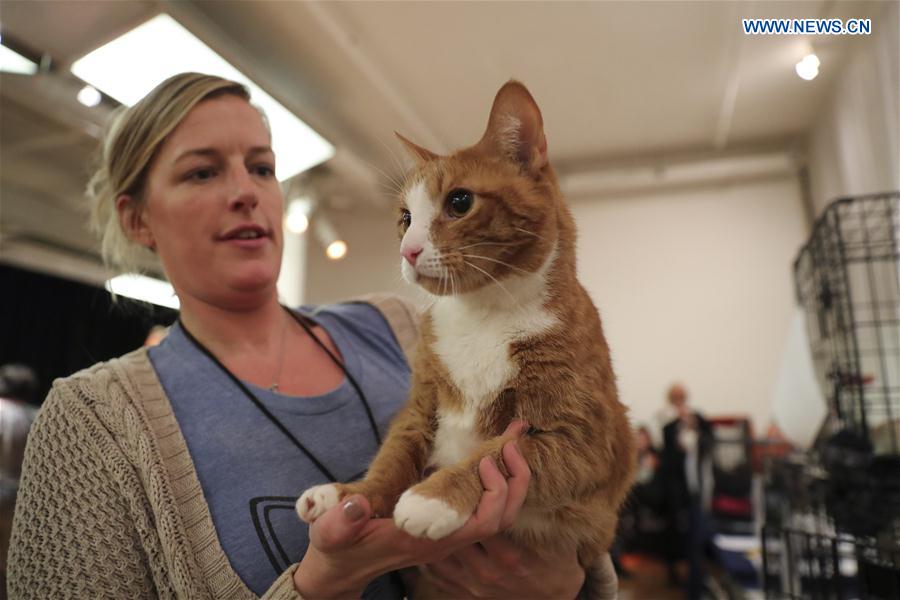### Why Does My Cat Drool When I Pet Them? Understanding Feline Salivation and Its Causes
#### Why Does My Cat Drool When I Pet Them?If you've ever found yourself wondering, "Why does my cat drool when I pet them?" you're not alone. Many cat owne……
#### Why Does My Cat Drool When I Pet Them?
If you've ever found yourself wondering, "Why does my cat drool when I pet them?" you're not alone. Many cat owners have observed this behavior and may be puzzled by it. Drooling in cats can occur for various reasons, and understanding these can help you better care for your feline friend.
#### Understanding Cat Behavior
Cats have unique ways of expressing their emotions, and drooling can often be a sign of contentment. When you pet your cat, they may feel relaxed and happy, leading to increased salivation. This is similar to how some humans might salivate when they eat something delicious or when they are in a comforting situation.

However, it’s essential to differentiate between normal drooling and excessive drooling, which can indicate underlying health issues. If your cat only drools a little while being petted, it’s likely just a sign of pleasure. But if you notice that your cat is drooling excessively or has other symptoms like lethargy, loss of appetite, or changes in behavior, it’s time to consult a veterinarian.
#### Potential Health Issues
There are several health-related reasons why your cat might drool when petted. One common cause is dental problems. Cats can suffer from periodontal disease, gingivitis, or other dental issues that may cause pain or discomfort, leading to drooling. If your cat's drooling is accompanied by bad breath, difficulty eating, or swollen gums, a trip to the vet is necessary.
Another potential cause of drooling is nausea. Cats can experience nausea for various reasons, including dietary indiscretion, hairballs, or more severe underlying health issues. If your cat is drooling and also showing signs of vomiting or lethargy, it’s crucial to seek veterinary care.

#### Environmental Factors
Sometimes, environmental factors can contribute to a cat’s drooling. For instance, if your cat is exposed to certain chemicals or plants that are toxic to them, it can lead to excessive salivation. Always ensure that your home is safe for your pets by removing any potentially harmful substances.
Additionally, stress or anxiety can also cause drooling in cats. If your cat is in a new environment, has recently experienced a change in routine, or is around loud noises, they may drool as a response to stress. Providing a calm and safe space for your cat can help alleviate this issue.
#### Conclusion

In conclusion, if you find yourself asking, "Why does my cat drool when I pet them?" it’s essential to observe the context and any accompanying symptoms. While drooling can be a sign of happiness and relaxation, it can also indicate health problems that require attention. Regular veterinary check-ups and monitoring your cat’s behavior will help ensure their well-being. If you notice any unusual changes in your cat's drooling habits, don’t hesitate to reach out to your veterinarian for advice. Understanding your cat's behavior and health needs is key to providing them with a happy and healthy life.